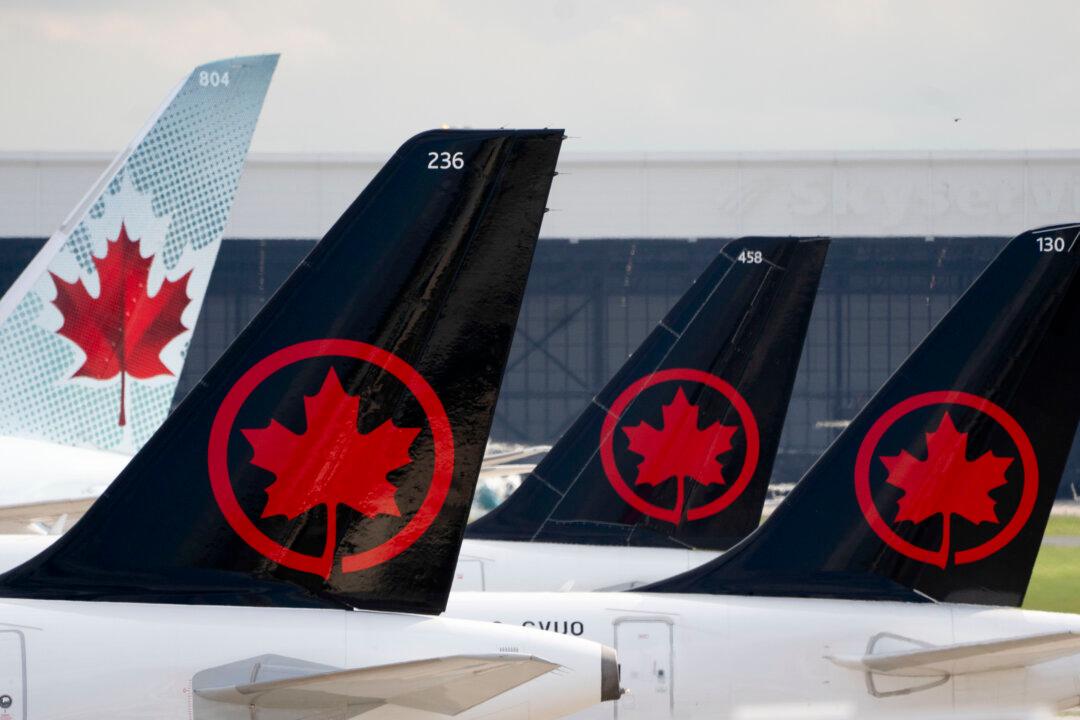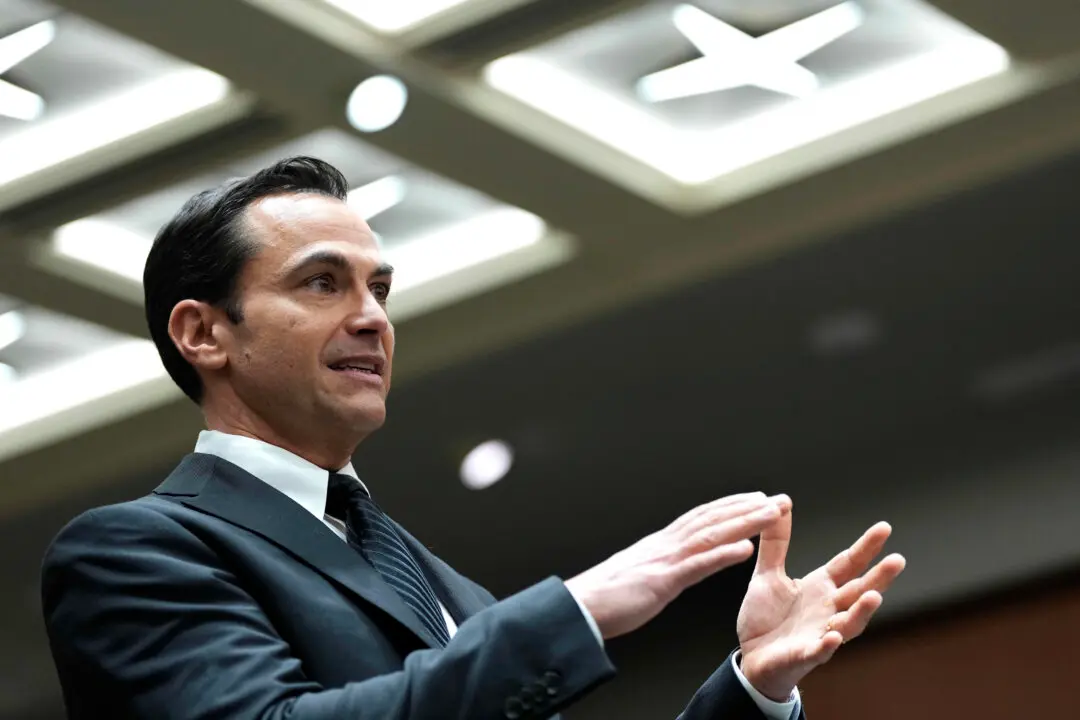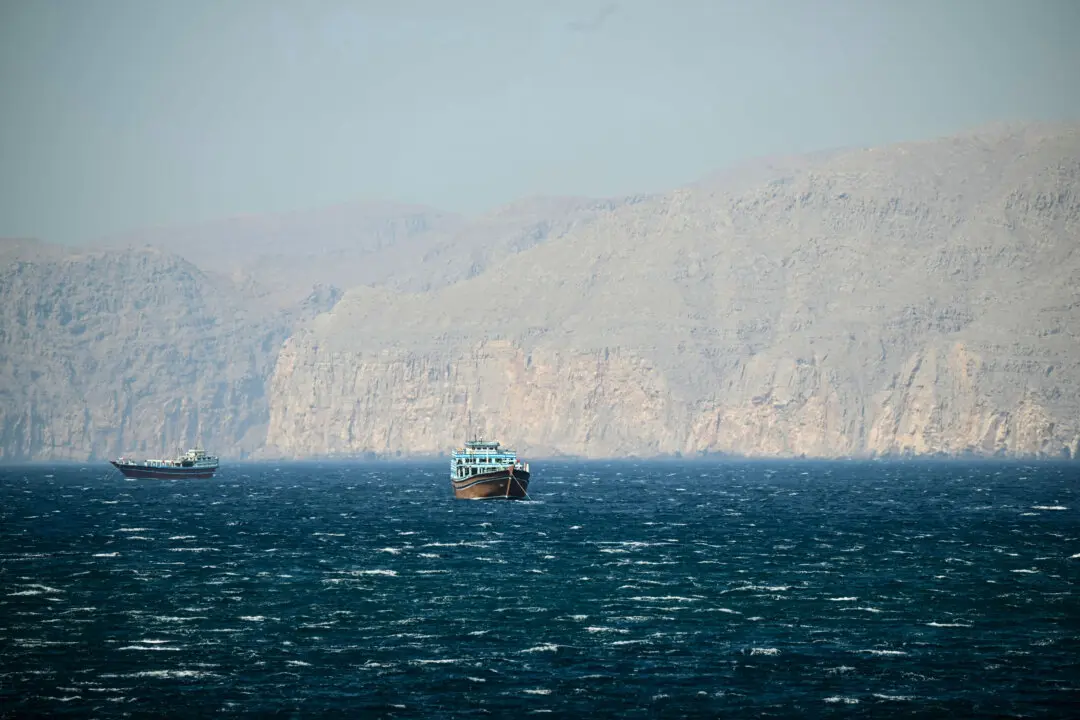Air Canada says it’s on the verge of suspending most of its operations, as talks between the union representing 5,200 pilots remain in a stalemate over wage demands.
The airline said in a Sept. 9 statement that the Air Line Pilots Association (ALPA) has been making wage demands that “far exceed average Canadian wage increases.” While talks between Air Canada and ALPA are ongoing, the company said the two sides remain far apart.





